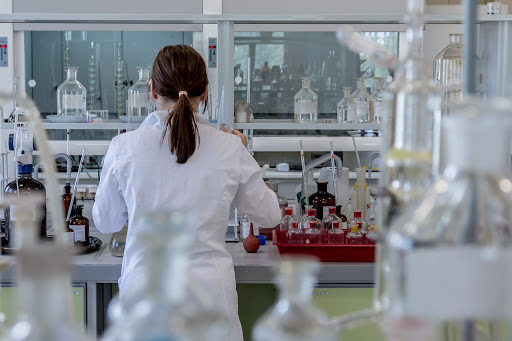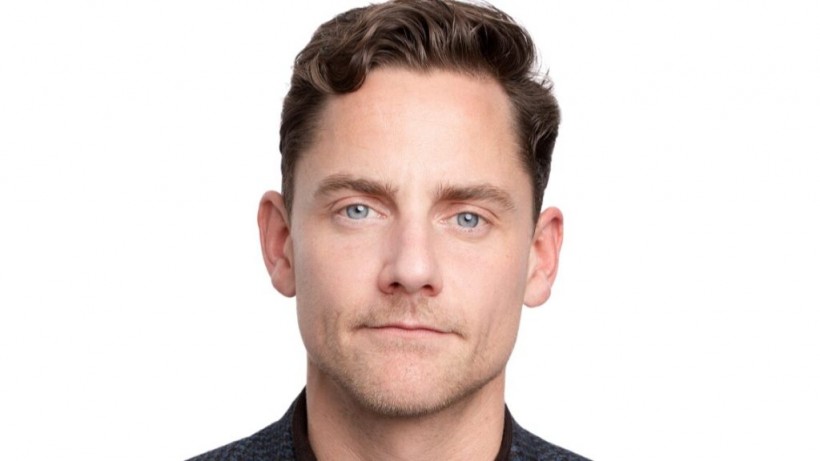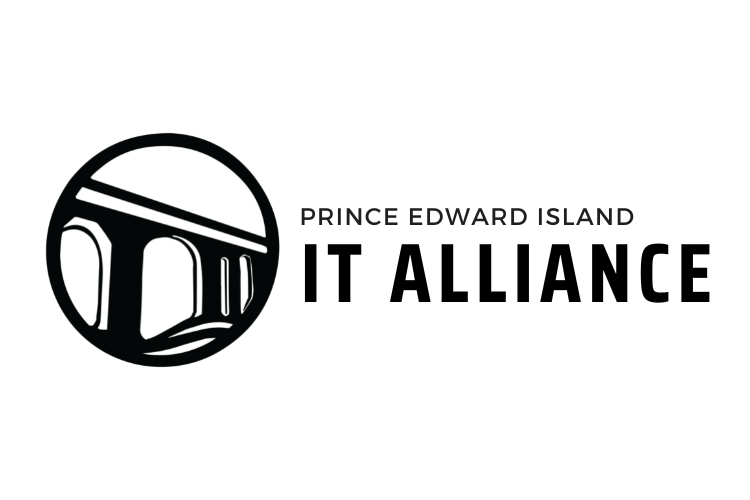At a time when Atlantic Canada in general is attracting innovation-driven companies from other parts of Canada and the wider world, no city has attracted more startups than Sydney, which is establishing a thriving life sciences cluster.
At least seven companies from outside the region have established operations in Sydney in the last year, attracted by the facilites at the Verschuren Centre, which spun off last year from Cape Breton University. In partnership with Innovacorp and the Atlantic Canada Opportunities Agency, the centre is positioning itself as a go-to destination for companies that need fermentation facilities to scale up from their lab-bench prototypes.
The Veschuren Centre’s infrastructure is popular with these startups, which often need to ferment chemical compounds for their products. Its fermentation facilities are the right size to bridge the gap between laboratory prototypes and industrial production, with equipment that lets companies create batches of chemicals as large as 70 to 100 litres.
That ability to make larger product batches is crucial for companies seeking funding for mass production and still needing more proof-of-concept to attract investors.
“In order to get to that 1,000 litres, you’ve got to raise the million dollars,” Veschuren Centre CEO Beth Mason told Entrevestor in November. “So that’s the chicken and egg. And that’s what the Verschuren Centre does.”
The Atlantic Canada startup community increased its visibility in the past year, due to the $2.75 billion exit by Verafin and the success of the Atlantic Bubble. As a result, several companies have moved to the region,companies like Ottawa’s Planetary Hydrogen, which moved most of its staff to Halifax. But the exodus to Sydney and the Verschuren Centre is in a league all its own.
Companies that want access to the centre’s facilities apply for the AscendBio accelerator program, run jointly by Innovacorp and the Veschuren Centre. In order to be eligible, they must have a viable prototype, validated product-market fit and usually have already raised at least one funding round.
Paul Richards, who heads up Innovacorp’s agritech and bioresource division, said in an email there are currently eight to 10 companies in AscendBio, and another 10 in the pipeline. The participating companies have raised a combined $43 million of investment.
“Startups are looking for locations that have the winning conditions for them to hit their business and technical milestones,” said Richards. “Our AscendBio program helps companies grow with capital efficiency and velocity in a supportive ecosystem.”
The companies currently active in AscendBio are:
Mark Masotti, CEO
Alterbiota is developing a natural graphene additive for concrete production. Adding graphene to concrete radically increases its strength.
Ardra
Pratish Gawand, CEO
Ardra manufactures fermented ingredients for food, cosmetic and health supplement products. The company was headquartered in San Francisco before the Veschuren Centre enticed it to Cape Breton.
Santosh Yadav, Founder
CoteX is developing a fertilizer product with a delayed-release coating to distribute nutrients over time, rather than all at once.
INTAG
Allen Tait, Chris Nguyen
INTAG was previously designing a device for monitoring conditions in aquaculture enclosures. Now, the team is focused on developing a process for converting biological waste from fish and other animals into fertilizer. The company moved to Nova Scotia from Pennsylvania.
A. Vikram Pandit, CEO
Phycus makes fermented cosmetic ingredients as an alternative to the sometimes-toxic, petroleum-based ingredients historically favoured by the industry.
Nisha Sarveswaran, CEO
Kraken has developed a culture test to help food and beverage makers check for pathogens in their products. Before moving to Cape Breton for the Veschuren Centre, Kraken was based in Mississauga, Ont.
Sumit Verma, Co-Founder
Reazent is developing an organic fertilizer product to replace the widely used synthetic options, with the aim of improving plant health and disease-resistance. The company, now based in Halifax, relocated to Nova Scotia from India using the federal government’s Startup Visa program.
Richards said these companies tend to be at a later stage than those that enter most other accelerators.
“Parts of their business models are de-risked and have exceeded certain milestones that accelerators have pushed them towards,” he said. “We’re working for companies at a more evolved stage than traditional accelerators. We’re looking for graduates that are looking to raise pre-seed to series A funding.”








